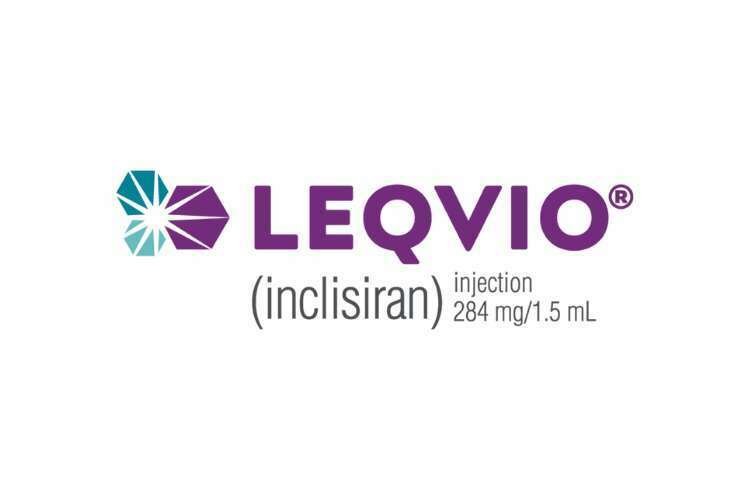In the world of medical innovation, where the quest to tame cardiovascular risk is a relentless endeavor, Novartis unfurls a tapestry of unprecedented longevity. The stage is set at the European Society of Cardiology (ESC) Congress 2023 in Amsterdam, as Novartis unveils the latest triumph from ORION-8, a Phase III open-label extension encompassing a consortium of trials – ORION-9, ORION-10, ORION-11, and ORION-3.
The crescendo of this unveiling is Leqvio, a beacon of hope in the fight against cardiovascular threats. What sets Leqvio apart is its rhythm of dosing – twice-yearly infusions that stand as a testament to its efficacy. Beyond the six-year mark, Leqvio’s prowess shines as an invaluable adjunct to statin therapy, emboldening its role in managing atherosclerotic cardiovascular disease (ASCVD), heightened ASCVD risk, or the challenging territory of heterozygous familial hypercholesterolemia (HeFH).
The symphony of data reveals that the impact of Leqvio remains unwavering over time, standing as a testament to the marriage of innovation and endurance. ORION-8, a monumental clinical trial with Leqvio at its heart, echoes the commitment to evidence-driven progress. With over 8,500 patient-years contributing to its chronicle, the trial stands as a beacon of long-term consistency, championing both efficacy and safety.
In this narrative, continuity takes center stage. Patients, drawing from the wellspring of ORION-9, ORION-10, ORION-11, and ORION-3, became torchbearers of this journey. The rhythm of Leqvio courses through their lives every six months*, up to an additional three years, scripting a story of commitment and courage. The triumph is resounding – a staggering 78.4% of patients surged toward their pre-specified LDL-C targets**, while LDL-C levels, on average, yielded to a reduction of around 50%.
These results stand as echoes of the initial trials, a testament to the unwavering consistency of Leqvio’s efficacy. It’s a symphony where each note of achievement resonates, where the promise made at the inception echoes resolutely through time.
But in this odyssey of medical advancement, safety is the cornerstone. The melody of Leqvio’s safety profile remains harmonious, echoing the sentiments of previous findings. This is a tale where innovation and safety dance hand in hand, where pioneering solutions stand firm against the test of time.
ORION-8 is no isolated chapter; it’s a part of VictORION, a global clinical trial program that stitches together a narrative of evidence-driven transformation. Across more than 50 countries, the program’s pulse reverberates through more than 30 trials, a testament to Novartis’ commitment to reshaping the narrative of cardiovascular health.
Leqvio, the protagonist in this tale of transformation, emerges as the first and only small interfering RNA (siRNA) therapy to engage the quest of lowering LDL-C. Its approval in over 80 countries, including the US, EU, and China, underscore its global resonance.
The story takes a final intriguing turn, as Leqvio’s journey in the United States encounters an evolution. The FDA’s July 2023 approval brings forth a new label that expands its embrace, encompassing not just those who’ve experienced cardiovascular events but also those at an increased risk of heart disease. It’s a signal of early intervention, an affirmation of Leqvio’s role in rewriting the narrative of cardiovascular risk.
As the final notes of this symphony echo, the enduring impact of Leqvio and the tireless pursuit of evidence-driven innovation stand tall. The stage is set, the narrative unfolds, and in the melody of Leqvio’s journey, the rhythm of hope and transformation resonates through the corridors of medical advancement.
*After an initial dose and another at three months.
**Less than 70 mg/dL for patients with ASCVD or less than 100 mg/dL for patients with increased ASCVD risk.





























